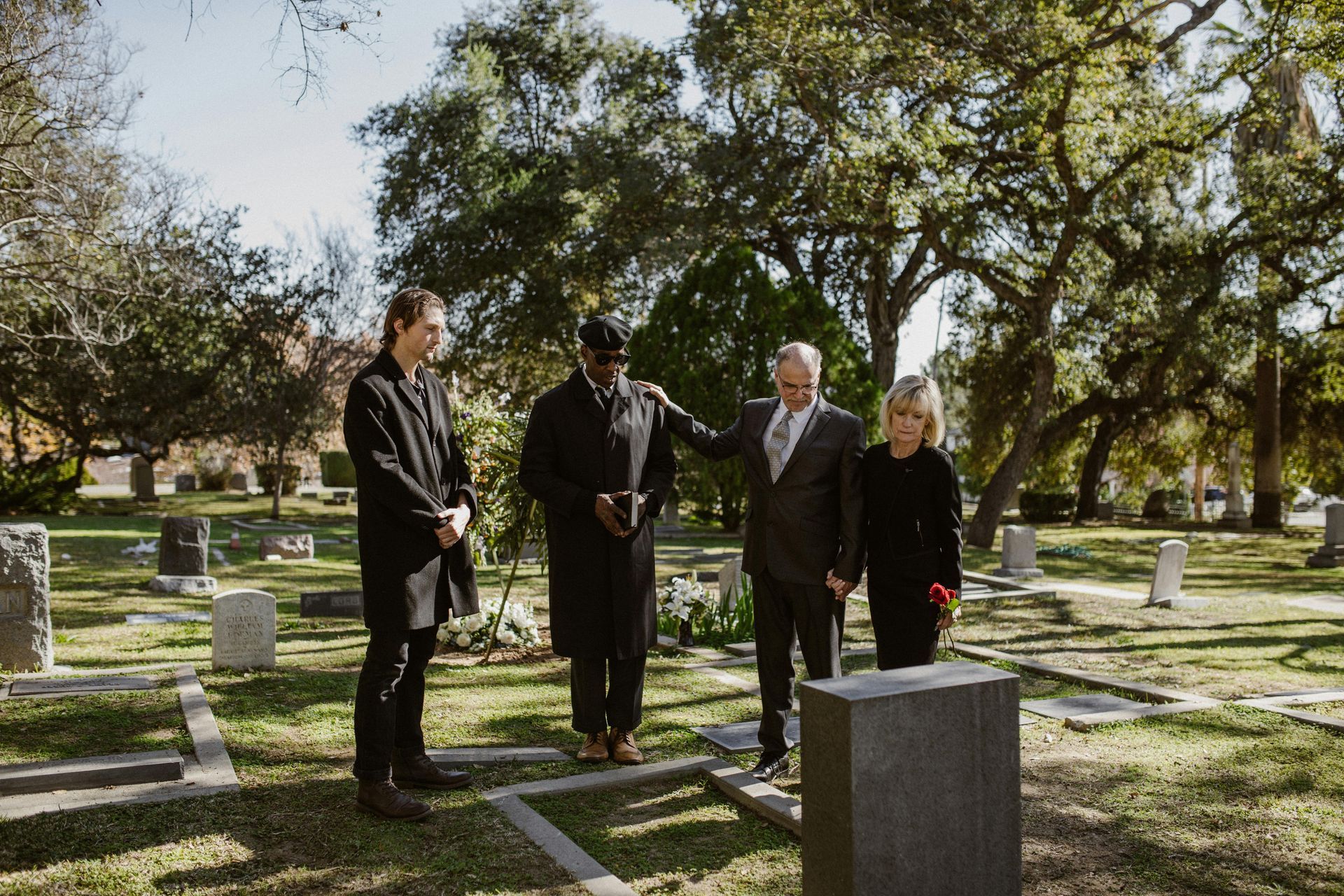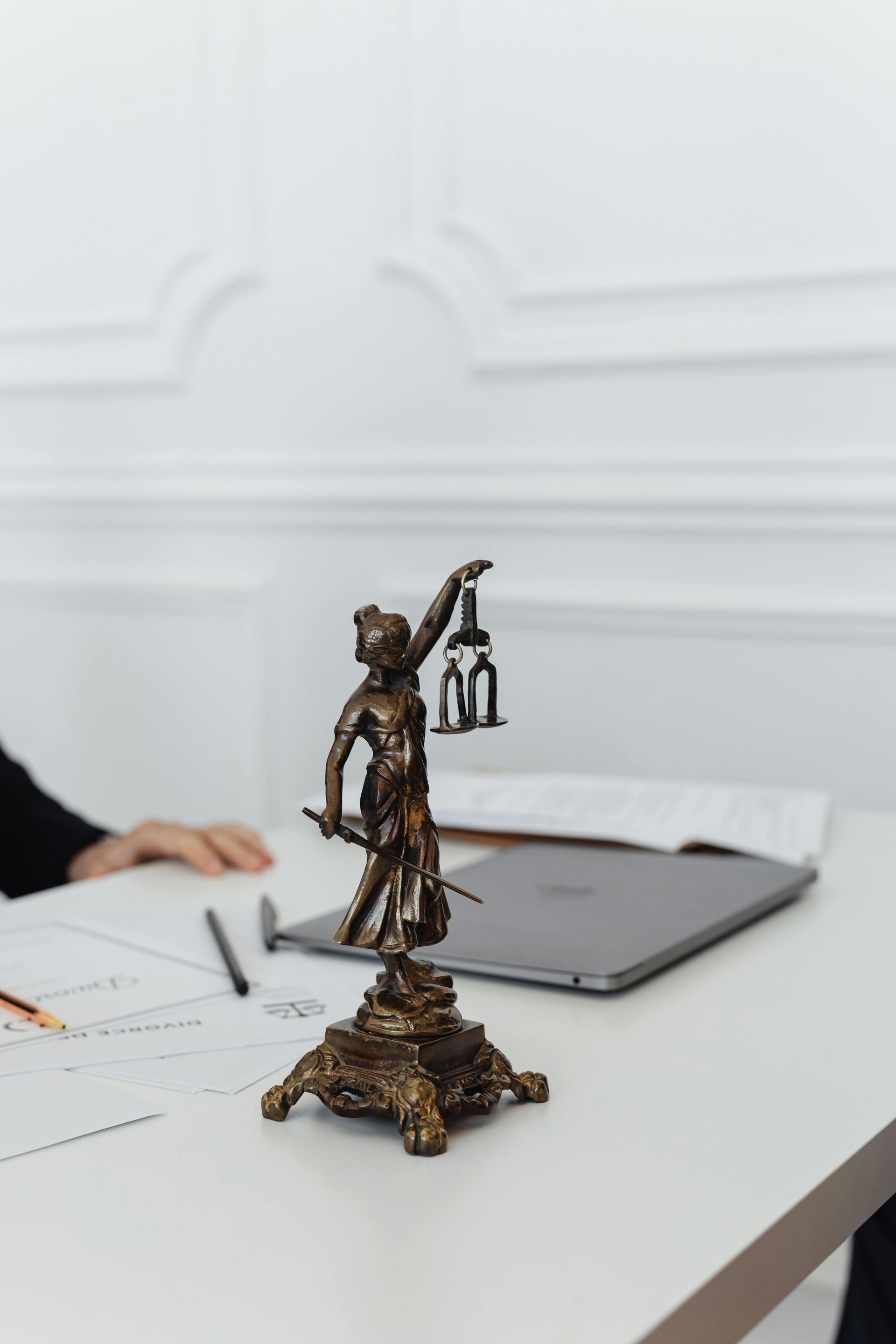Understanding Deed Transfers in Brooklyn: Guide for Property Owners
The legal requirements of real estate can be daunting when it comes to understanding deed transfers. For property owners in Brooklyn, this process is an integral part of real estate transactions that requires careful attention to detail and a clear understanding of legal implications. Knowing how deed transfers work will ensure you maintain your rights and responsibilities, whether buying or selling property. In this guide prepared by the Law Office of Jack Weissman, we demystify the complexities surrounding deed transfers in Brooklyn to help you make informed decisions.
1. What Is a Deed Transfer?
A deed transfer is essentially the process of transferring ownership or interest in property from one party to another. In Brooklyn, as elsewhere in New York City, this involves a series of legal steps that must be meticulously followed to ensure validity and legality. The deed itself is a legal document that includes details about the property owner (grantor), the person receiving the ownership (grantee), and a description of the property being transferred. Common types of deeds used in Brooklyn include quitclaim deeds, warranty deeds, and bargain-and-sale deeds—each with its own set of implications regarding guarantees and liabilities.
2. Reasons for Deed Transfers
There are numerous reasons why a property owner might need to execute a deed transfer. These can range from selling or purchasing real estate and changing ownership due to marriage or divorce to gifting property within families or setting up trusts for estate planning purposes. Each scenario requires different documentation and levels of oversight depending on whether there are existing mortgages or liens on the property or if it involves multiple owners.
3. The Legal Process Explained
The process begins with drafting the correct type of deed for your situation—a critical step where professional guidance can be invaluable. Once drafted, both parties must sign the document before a notary public; this ensures that all signatures are authentic and legally binding. After notarization, the deed needs to be submitted for recording at the Kings County Clerk’s office in Downtown Brooklyn along with any required fees and accompanying forms such as RP-5217 form used for tax purposes. Recording makes your ownership official in public records.
4. Potential Challenges and Pitfalls
Although seemingly straightforward, several challenges can arise during a deed transfer which could lead to disputes or even invalidate the transaction if not properly handled. Possible issues include incorrect descriptions of property boundaries leading to disputes with neighbors over land use; unresolved liens or claims against previous owners; failure to secure necessary permissions from lenders when mortgaged properties are involved; or even clerical errors during recording at county offices, which require correction.
5. Why Professional Guidance Matters
Given these potential pitfalls—and their often costly implications—it is highly advisable for Brooklyn property owners contemplating any form of deed transfer to seek professional legal assistance early in their planning process. At the Law Office of Jack Weissman, our team specializes in navigating New York's intricate real estate laws, ensuring our clients' transactions proceed smoothly without unnecessary delays or complications while safeguarding their interests every step along the way.
Understanding how deed transfers work is crucial for anyone involved in owning real estate within a bustling borough like Brooklyn, where market conditions change rapidly. Still, regulations remain stringent, ensuring transparency and fairness across the board among stakeholders involved in each transaction. As seasoned investors and first-time homebuyers benefit greatly, knowledge clarity gives them the confidence to manage properties successfully. If you’re considering making changes to your property's ownership structure, don’t hesitate to reach out to us.









